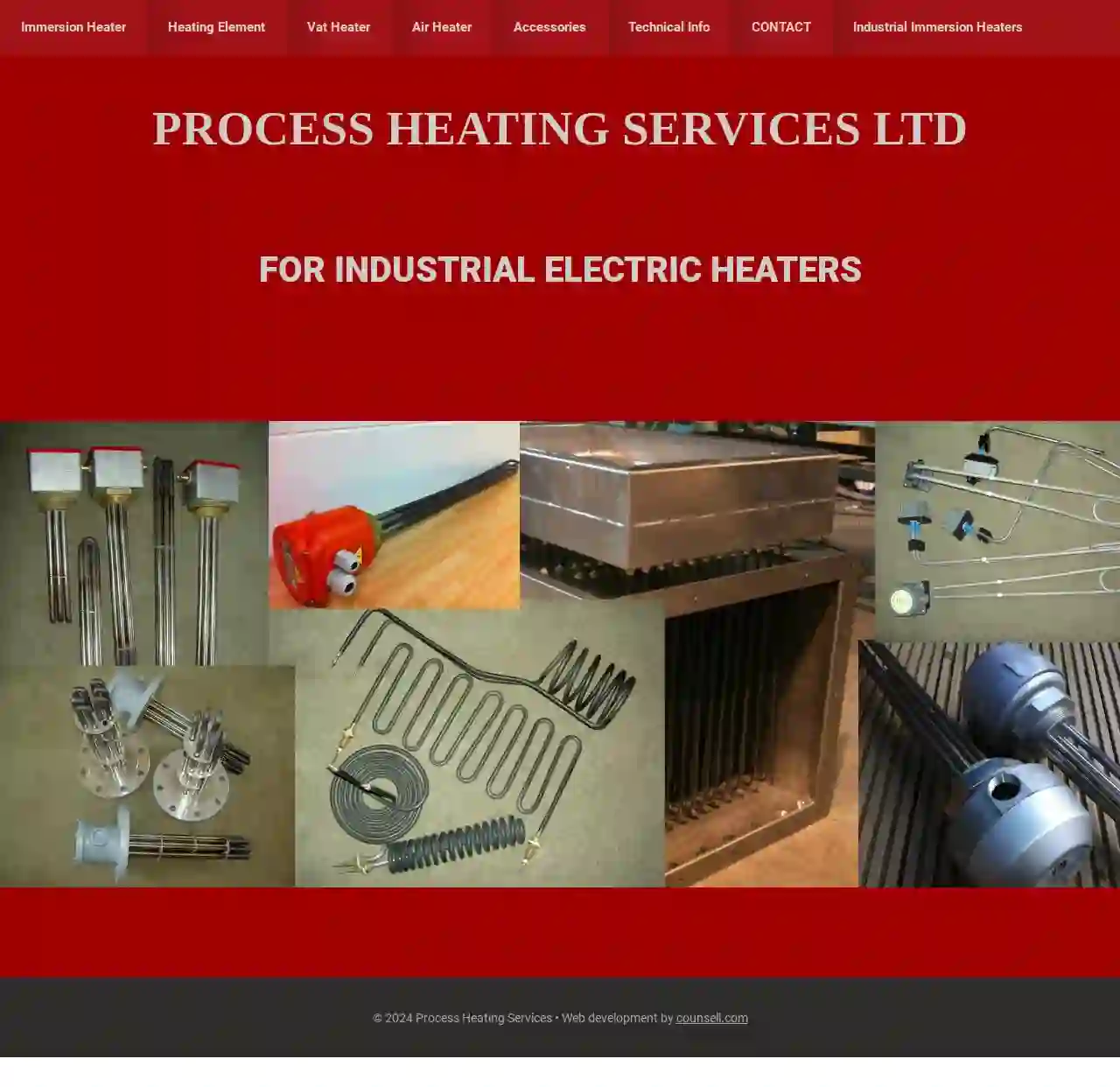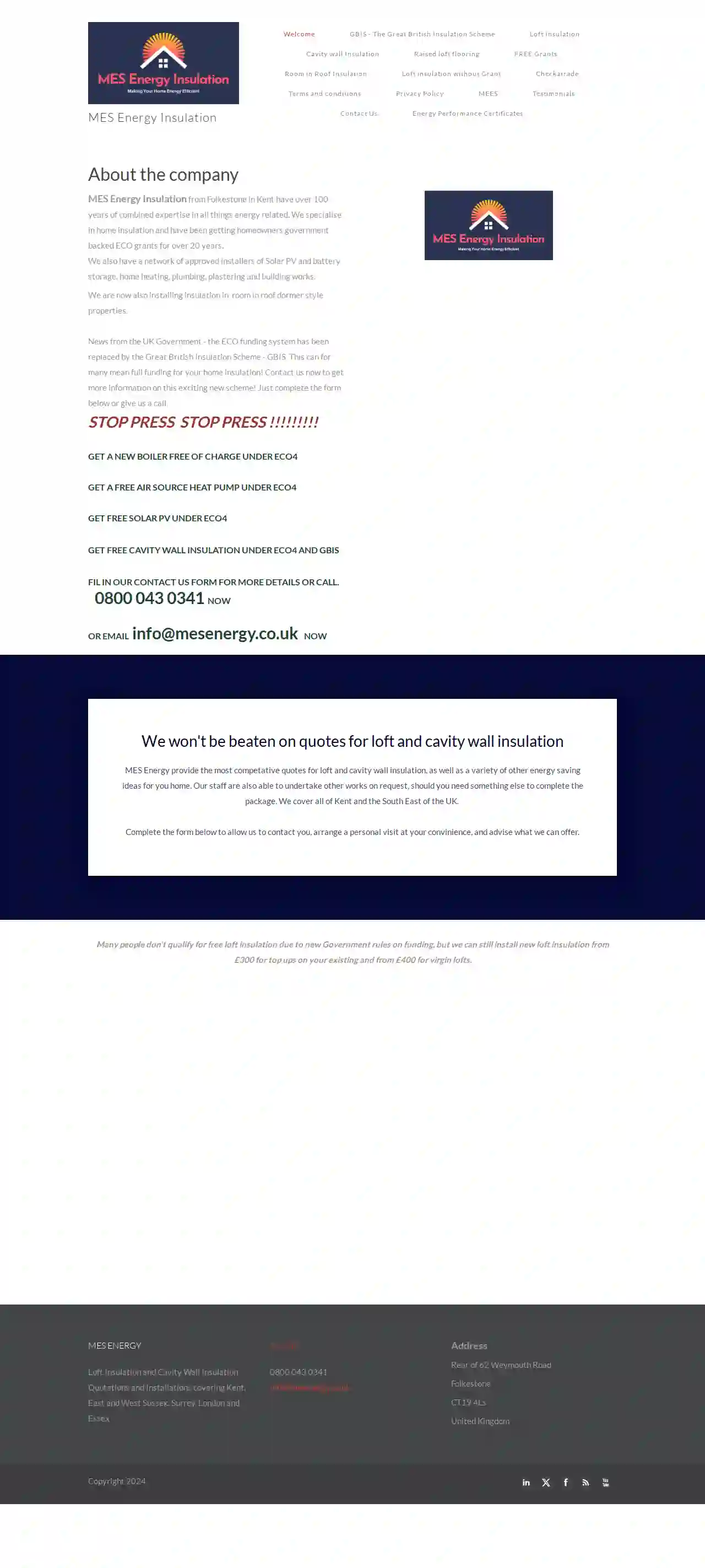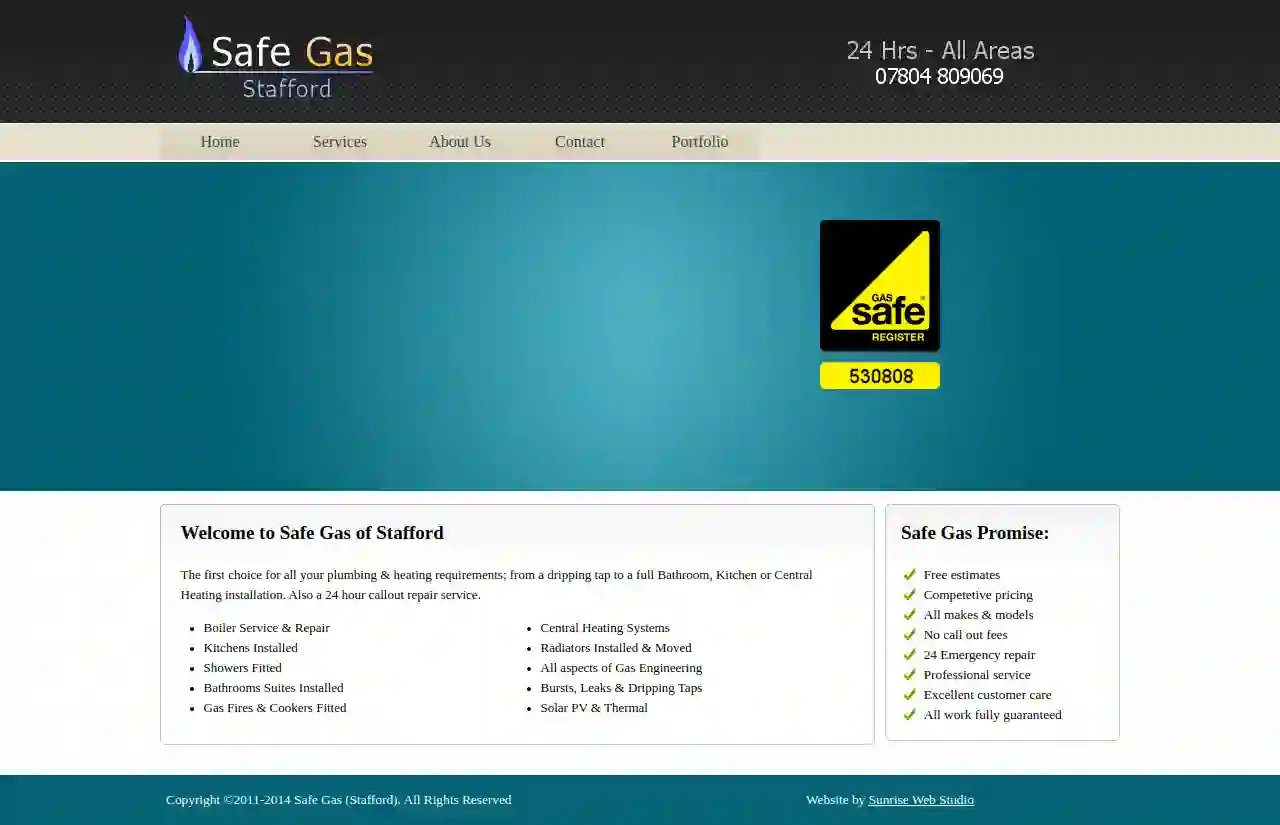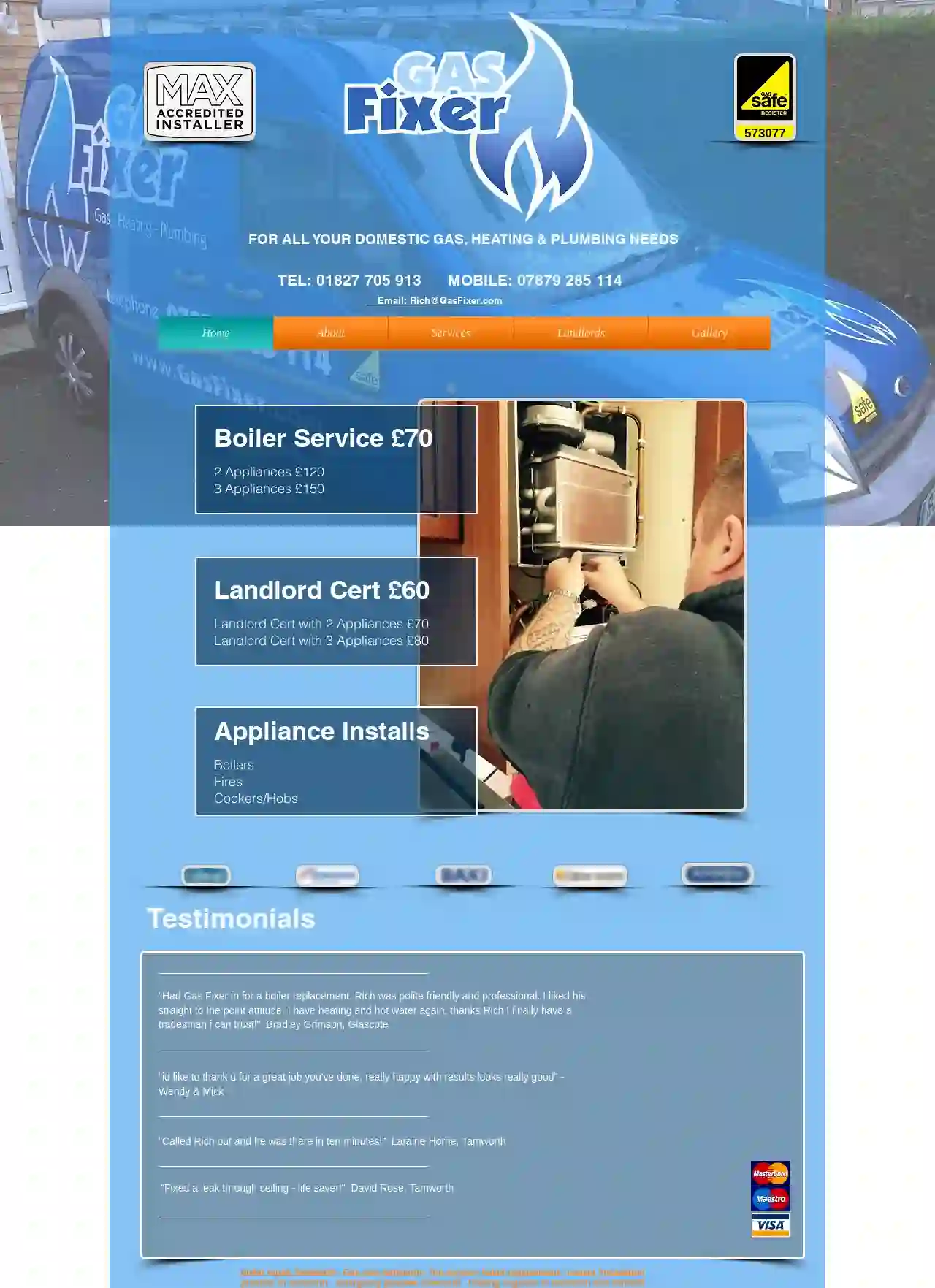Boiler Installation Trentham
Find the best Boiler Replacement in Trentham
Receive 3 FREE Boiler Replacement quotes for your project today! Compare profiles, reviews, accreditations, portfolio, etc... and choose the best deal.

Shears Plumbing Heating & Gas Tamworth
550 reviewsOrchard House, Portleys Lane, Drayton Bassett, Tamworth, B78 2AA, GBShears Plumbing, Heating & Gas is a reliable and experienced plumbing company based in Tamworth. With over 50 years of combined experience in the plumbing trade, our team of expert plumbers and gas fitters pride themselves on a high standard of work and friendly service. We offer a range of services, including boiler services, bathroom installation, and kitchen installation, and are Gas Safe registered, fully insured, and Worcester Accredited Experts. We are committed to providing excellent customer satisfaction, quality workmanship, and excellent service.
- Services
- Why Us?
- Accreditations
- Our Team
- Gallery
Get Quote
Premier Heating Solutions Group Ltd
54 reviewsChaseside Drive, Unit 4 Brindley Business Park, Cannock, WS11 7GD, GBPremier Heating Solutions provide a highly qualified, reliable and comprehensive service to all customers nationwide. Professionalism and courtesy are extremely important to our business and we take pride in offering a friendly service and guidance from the moment we answer your call. Most importantly, we always treat your premises with the utmost of respect, leaving it as tidy as when we started. We use the best tools and equipment to ensure your job is carried out safely and to the highest standard.
- Services
- Why Us?
- Accreditations
- Our Team
- Gallery
Get Quote
Process Heating Services Ltd
543 reviewsLichfield, GBProcess Heating Services Ltd. is a leading provider of industrial electric heaters. With a wide range of products, including acid immersion heaters, alkali immersion heaters, air heaters, and more, we cater to diverse industrial heating needs. Our commitment to quality, reliability, and customer satisfaction has made us a trusted name in the industry. We offer expert design consultations, technical support, and next-day delivery on stock items. Contact us today to discuss your heating requirements and experience the Process Heating Services difference.
- Services
- Why Us?
- Our Team
Get Quote
Invicta Heating Specialists
51 reviewsHawkinge, Kent, CT17, GBInvicta Heating Specialists prides itself on 100% customer satisfaction. We are highly experienced, professional, friendly and affordable. We offer a variety of services including boiler installations, services and repairs on Gas and LPG. Full heating system/ hot water installations, general plumbing and bathroom refurbishments. We are Gas safe Registered, G3 unvented hot water and Part P qualified. We are based in Hawkinge and are here for customers in East Kent.
- Services
- Why Us?
- Accreditations
- Our Team
- Testimonials
- Gallery
Get Quote
React Heat
52 reviews26 Broomfield Rd, Folkestone, CT19 4DH, GBReact Heat Emergency Plumber Folkstone is your go-to for fast and specialist solutions to plumbing and heating emergencies. We understand that plumbing and gas emergencies can be serious if left unattended, which is why we offer 24/7 emergency plumbing services across the UK. Our highly-trained professionals are available immediately for same-day call-outs, ensuring you get back to normal as quickly as possible. Don't let a plumbing emergency escalate into a disaster. Contact our emergency plumbers on 01303 662044 right away. We pride ourselves on our team of experienced professionals who are dedicated to providing expert and reliable service. Our commitment to customer satisfaction is unwavering, and we guarantee the highest quality workmanship.
- Services
- Why Us?
- Gallery
Get Quote
MES Energy
Rear of 62 Weymouth Road, Folkestone, CT19 4Ls, GBMES Energy Insulation is a company with over 100 years of combined expertise in energy-related services. We specialize in home insulation and have been getting homeowners government-backed ECO grants for over 20 years. We also have a network of approved installers for solar PV and battery storage, home heating, plumbing, plastering, and building works. We are now also installing insulation in room-in-roof dormer-style properties. Our team is dedicated to providing the most competitive quotes for loft and cavity wall insulation, as well as other energy-saving ideas for your home. We cover all of Kent and the South East of the UK.
- Services
- Why Us?
- Accreditations
- Our Team
- Testimonials
- Gallery
Get Quote
Heatcore Heating Electrical & Air Conditioning
512 reviewsGallan Park, Watling Street, Cannock, WS11 0XG, GBHeatcore Ltd is a leading provider of heating solutions, offering a range of services including air source heat pump design and installation, solar PV design and installation, oil heating, oil tank installation, domestic and commercial gas, electric heating solutions, underfloor heating, and more. With a focus on sustainability, Heatcore Ltd is committed to helping homeowners reduce their carbon emissions and hot water bills. Their award-winning Mixergy tank is a patented top-down heating technology that only heats the water needed for the home, saving energy and money. Heatcore Ltd is also accredited and qualified energy assessors, providing energy certification services throughout the West Midlands. Contact Heatcore Ltd to learn more about their services and how they can help you transition to a more sustainable home.
- Services
- Why Us?
- Accreditations
- Gallery
Get Quote
Thermaright Hire Solutions
Unit 2, Modular Court, Enterprise Drive, Wolverhampton, WV 10 7DF, GBThermaright Hire Solutions is a company that provides portable, flexible solutions for temperature control hire. For over 30 years, our directors have worked across Mechanical and Electrical installations, exceeding the demands of our customers in the most challenging of circumstances. We give people full solutions from the ground up. Our team developed a fresh approach to temperature control hire to demystify HVAC for the average man on the street and support even the most knowledgeable of clients in the most challenging of problems. We want to make things right... Thermaright is a company that innovates and provides bespoke software, products, and solutions developed in-house to provide succinct solutions at the touch of a button. We have a team of experts who can deliver a bespoke temporary package and connect it quickly to keep your business operating, whilst your existing kit is being repaired and fully tested.
- Services
- Why Us?
- Accreditations
- Our Team
- Gallery
Get Quote
Safe Gas ( Stafford )
10, Copper Glade, Stafford, ST16 3RJ, GBSafe Gas of Stafford is a Gas Safe registered business with experience in all aspects of gas, domestic central heating, and plumbing. In addition to plumbing services, they also offer building services such as extensions, new builds, alterations, renovations, and plastering. Safe Gas serves Stafford, Cannock, Penkridge, Stoke, Telford, Wolverhampton, Birmingham, and the wider Midlands. They pride themselves on providing high-quality work, from simple repairs to full installations, and offer a 24-hour callout repair service.
- Services
- Why Us?
- Accreditations
- Testimonials
- Gallery
Get Quote
Gas Fixer
4.816 reviewsTamworth, GBFOR ALL YOUR DOMESTIC GAS, HEATING & PLUMBING NEEDS TEL: 01827 705 913 MOBILE: 07879 285 114 Email: [email protected] HomeAboutContactServicesLandlordsGalleryMore...Use tab to navigate through the menu items. Boiler Service £70 2 Appliances £120 3 Appliances £150 Landlord Cert £60 Landlord Cert with 2 Appliances £70 Landlord Cert with 3 Appliances £80 Appliance Installs Boilers Fires Cookers/Hobs Testimonials "Had Gas Fixer in for a boiler replacement, Rich was polite friendly and professional. I liked his straight to the point attitude. I have heating and hot water again, thanks Rich I finally have a tradesman i can trust!" Bradley Grimson, Glascote"id like to thank u for a great job you've done, really happy with results looks really good" - Wendy & Mick "Called Rich out and he was there in ten minutes!" Laraine Horne, Tamworth "Fixed a leak through ceiling - life saver!" David Rose, Tamworth boiler repair Tamworth - Gas man tamworth - fire service- boiler replacement - cooker installation plumber in tamworth - emergency plumber tamworth - heating engineer in tamworth and lichfield © 2015 by Gas Fixer
- Services
- Why Us?
- Our Team
- Testimonials
- Gallery
Get Quote
Over 12,692+ HVAC Companies onboarded
Our HVAC pros operate in Trentham and surroundings!
HVACCompaniesHub has curated and vetted the Best HVAC Companies near Trentham. Find the most trustworthy pro today.
Frequently Asked Questions About Boiler Installation
- Experience and Qualifications: Check that the company is licensed, bonded, and insured. Ask about their experience installing similar boiler systems.
- References and Reviews: See what others are saying about the company's work and customer service.
- Detailed Quotes: Get written, itemized quotes from at least three contractors. Check for transparency and comprehensiveness in their estimates.
- Warranty: Inquire about warranties on both the boiler itself (from the manufacturer) and the installation (from the installer)..
- Insurance: Verify that the installer has liability and workers' compensation insurance to protect you in case of accidents or damage.
- Payment Terms: Ask about their payment terms and any financing options they may offer.
How do I find a boiler installer near me?
How do I choose a boiler installer?
How do I reset my boiler?
How much does boiler installation cost?
How do I find a boiler installer near me?
How do I choose a boiler installer?
- Experience and Qualifications: Make sure the installer is Gas Safe registered (for gas boilers) or OFTEC registered (for oil boilers) in the UK, or similarly qualified and licensed in your region. Verify that the installer has a solid track record with positive reviews.
- References and Reviews: See what others are saying about the company's work and customer service.
- Detailed Quotes: Get written, itemized quotes from multiple installers to compare costs and services.. Check for transparency and comprehensiveness in their estimates.
- Warranty: Inquire about warranties on both parts and labor.
- Insurance: Check that the installer has insurance coverage for any incidents during the installation.
- Payment Terms: Discuss payment options and financing, if needed.